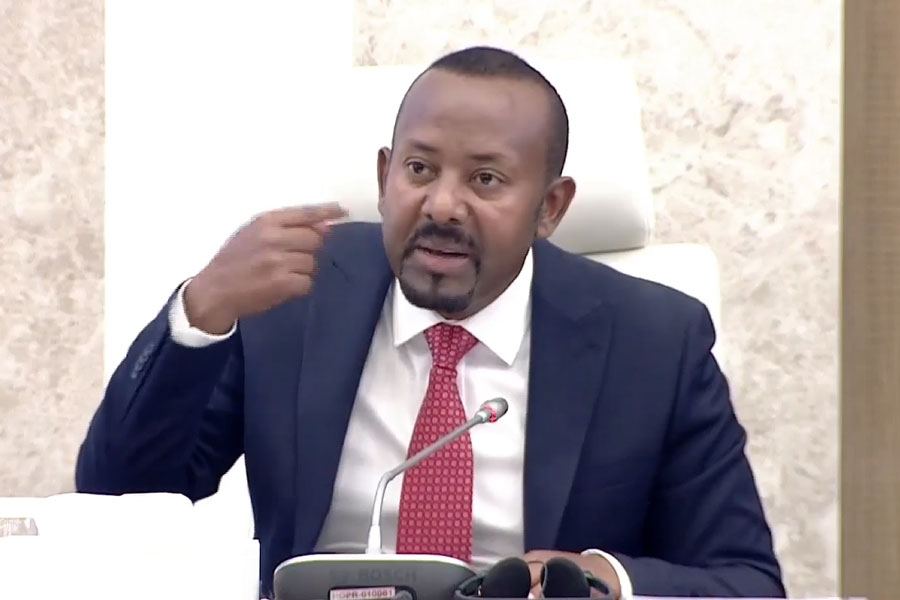
Uranium deposits were identified among several other minerals in six weredas of the eastern region, including Harar Kersa, Babile, Girawa, Midaga, and Faddis. An outcome of a two-year survey on the prospect for mineral resources across Ethiopia, the reports of the uranium deposits surfaced as the federal government considers utilising the mineral as an alternative power source, next to hydropower.
This gives hope, offering a reason for officials and experts at the Geological Survey of Ethiopia (GSE) to be upbeat.
Ethiopia has ambitious plans of generating 1,200mw of electricity from nuclear energy in 25 years. Russia and Ethiopia signed a memorandum of understanding in 2019, setting out a three-year plan to lay the ground for creating a centre for nuclear science and technology.
Bekele Tefera, a geologist who worked on the GSE uranium survey, relates that the initiation for the survey was prompted by findings from an aerial survey carried out by the International Atomic Energy Agency.
"After the lead from that survey, we've measured radioactivity to identify host rock areas potent for the uranium mineral-like granite or sandstone, which can be found in most regions," he told Fortune.
GSE's studies and surveys are conducted following the government's priorities. The latest one, which almost took two and half years, targeted discovering industrial minerals such as coal and iron ore and strategic minerals such as gold, aiming to reduce foreign currency demands for their imports or boost the reserve from export proceeds.
The survey involved around 100 people, including geologists, geophysicists, and geochemists. Experts at GSE claim that they have discerned a total of 50 deposit sites, of which 29 are rich sediment gold deposits discovered in Sidama, Oromia, and Benishangul-Gumuz regional states. Two tonnes of gold were extracted from each of the latter two regions over the first 10 months of the current fiscal year. Ethiopia exported over half a billion dollars worth of gold over the same period.
The survey results have also identified areas rich with iron ore deposits in western Gojjam, Merto Le Maryam and Mekane Selam, and southern Wello of the Amhara Regional State. More than 800 million dollars was spent on importing iron reinforcement bars in 2018, accounting for over five percent of total imports.
GSE has identified potential oil deposits in the Metemma, Gambella, and Ogaden areas, disclosed Tamiru.
Over 13 companies from Iceland, Japan, France, and China have engaged in oil exploration over the years. Many of them have withdrawn due to various reasons, including security concerns and some of the identified locations requires deep drilling that can be costly.
High staff turnover at the GSE, which runs with an annual budget of 315 million Br, has undermined the mineral survey works. Unattractive wages and a lack of incentives, where a geologist with six years of experience earns a monthly gross salary of 5,000 Br, are reasons for the high staff turnover.
"We feel like we're neglected,” a geologist with over a decade of experience and earning a salary of 7,000 Br told Fortune. "We've appealed to the authorities to reconsider our salaries for several years, but they haven't answered yet."
A lack of adequate equipment also remains a major issue for geologists at GSE. The uranium samples collected are kept in storage because the laboratory equipment needed to carry out further testing is unavailable. The institute often has to send samples overseas for testing, shelling out as much as 50 dollars for a single sample. GSE is currently conducting a study to determine the cost of upgrading its laboratory facilities to be able to carry out such testing domestically, according to Bekele.
"It would cost hundreds of thousands of dollars," he said.
Wubante Fikadu, a geologist and an expert in iron, believes that although geological work is a necessity, from foundation works for buildings to the production of cement and mining, the government does not seem to pay sufficient attention to the sector. He argues that geological work is affected by a lack of infrastructure and modern drilling equipment. This is despite a 200 million Br budget appropriated by the Ministry of Mines & Petroleum for upgrading laboratories, drilling and conducting aerial surveys.
"There is an abundance of minerals that can substitute imported commodities such as granite and marble," he told Fortune. "For example, there are huge deposits of limestone, silica and clay sands, but the construction industry suffers from cement shortages."
PUBLISHED ON
Jun 19,2021 [ VOL
22 , NO
1103]
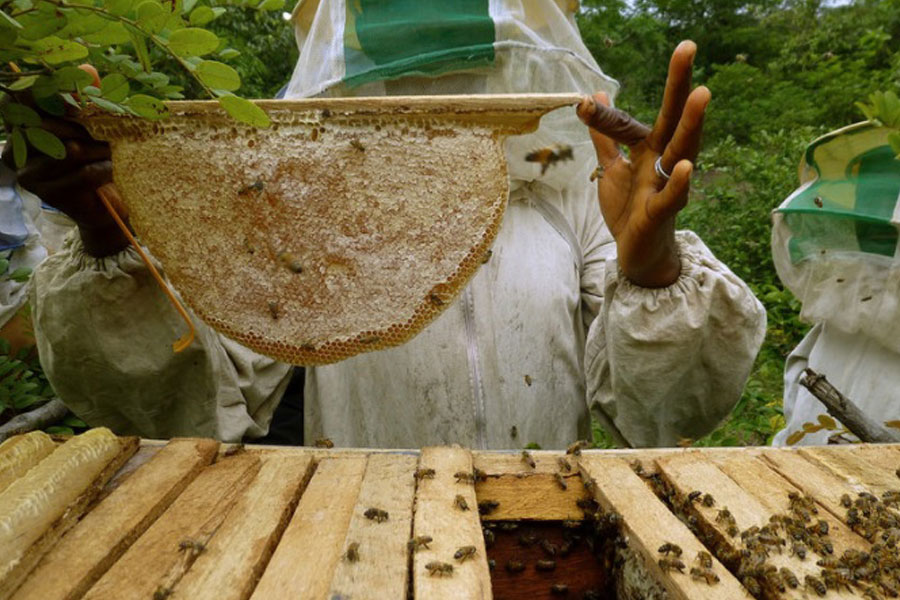
Fortune News | Nov 20,2023
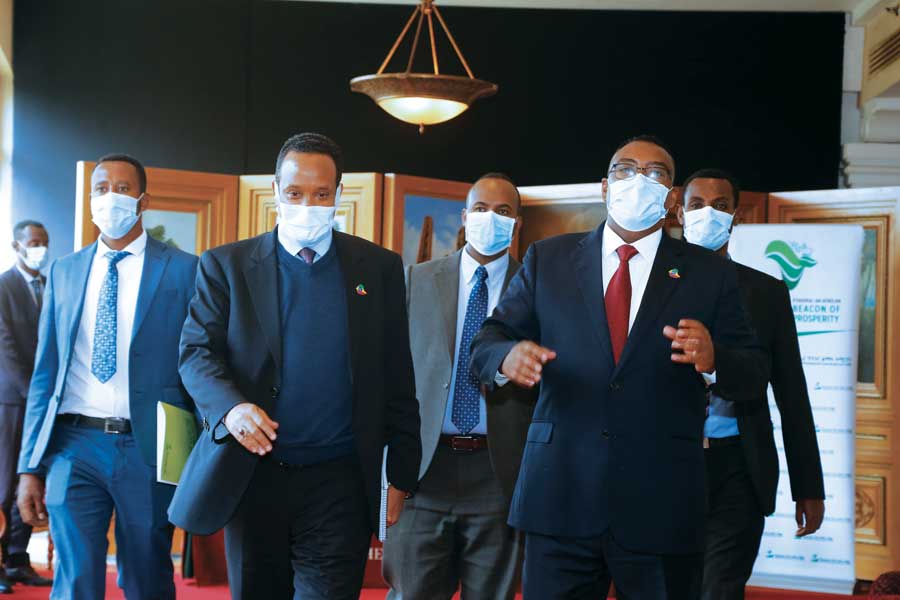
Fortune News | Aug 16,2020

View From Arada | Feb 20,2021

Fortune News | Jun 27,2020

Radar | Jun 01,2019
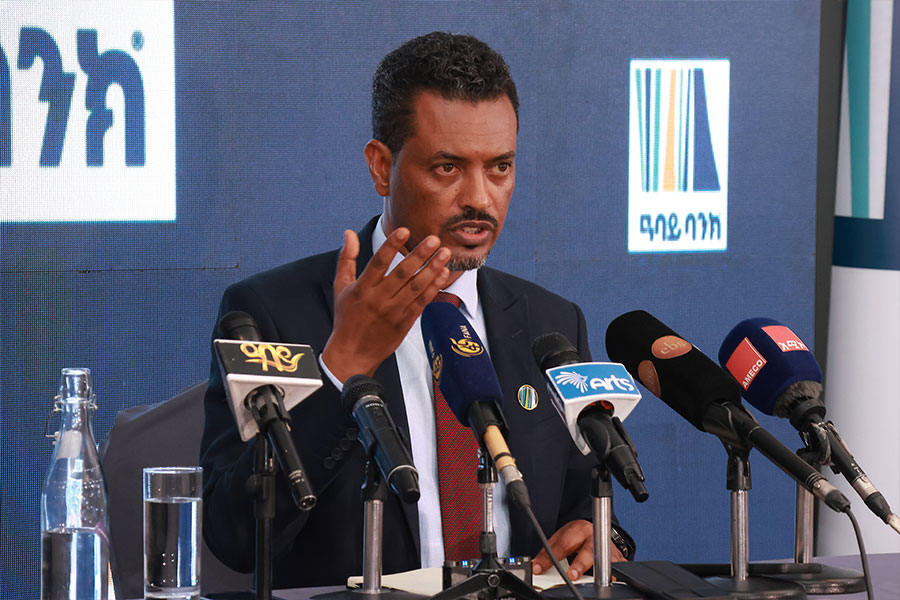
Radar | Mar 11,2024
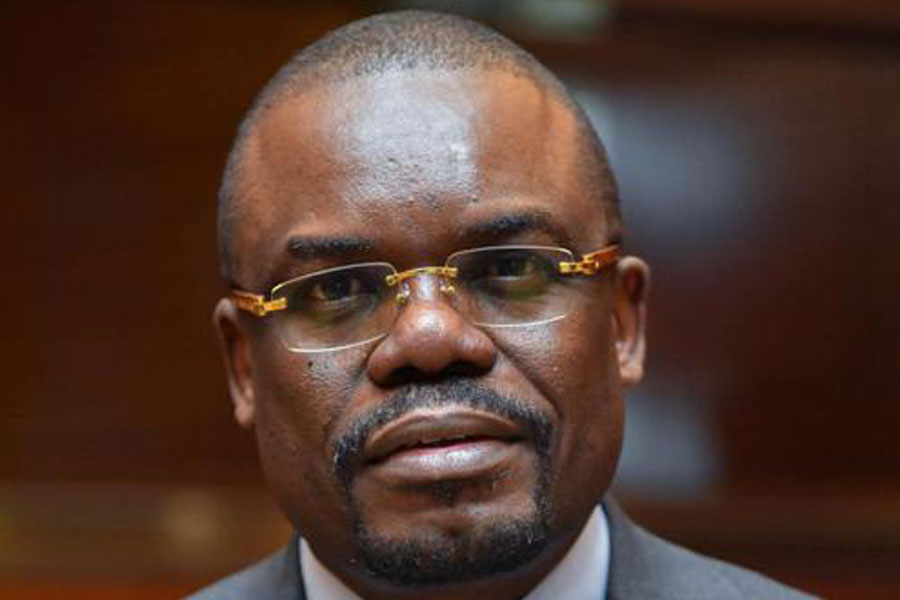
Radar | Feb 25,2023

My Opinion | Aug 18,2024
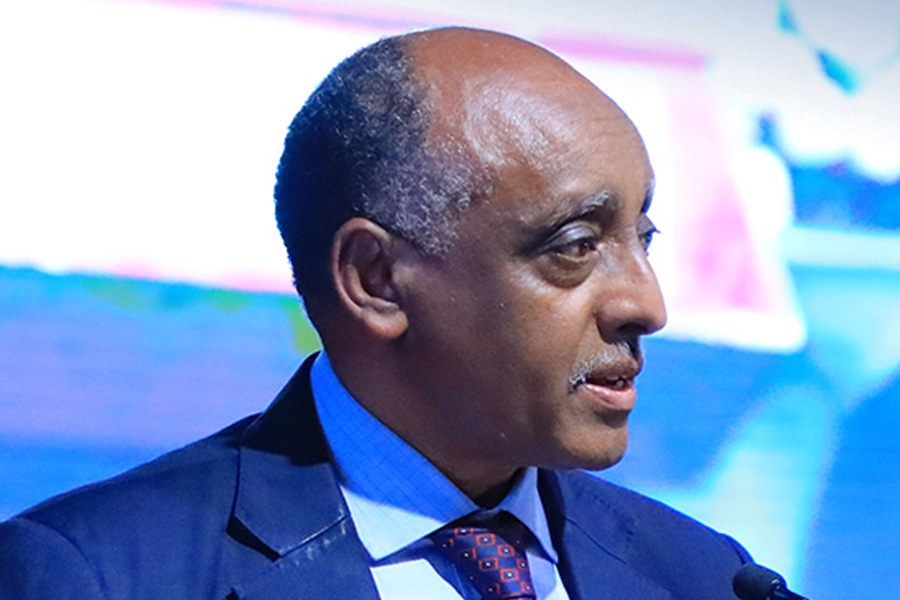
Radar | Dec 15,2024

Commentaries | Jun 17,2023

Dec 22 , 2024 . By TIZITA SHEWAFERAW
Charged with transforming colossal state-owned enterprises into modern and competitiv...

Aug 18 , 2024 . By AKSAH ITALO
Although predictable Yonas Zerihun's job in the ride-hailing service is not immune to...

Jul 28 , 2024 . By TIZITA SHEWAFERAW
Unhabitual, perhaps too many, Samuel Gebreyohannes, 38, used to occasionally enjoy a couple of beers at breakfast. However, he recently swit...

Jul 13 , 2024 . By AKSAH ITALO
Investors who rely on tractors, trucks, and field vehicles for commuting, transporting commodities, and f...

Oct 25 , 2025
The regulatory machinery is on overdrive. In only two years, no fewer than 35 new pro...

Oct 18 , 2025
The political establishment, notably the ruling party and its top brass, has become p...

Oct 11 , 2025
Ladislas Farago, a roving Associated Press (AP) correspondent, arrived in Ethiopia in...

Oct 4 , 2025
Eyob Tekalegn (PhD) had been in the Governor's chair for only weeks when, on Septembe...